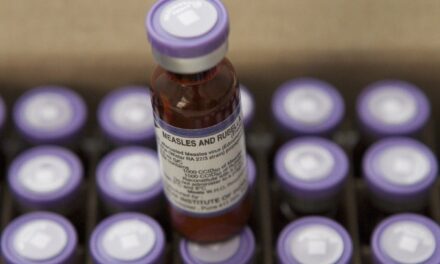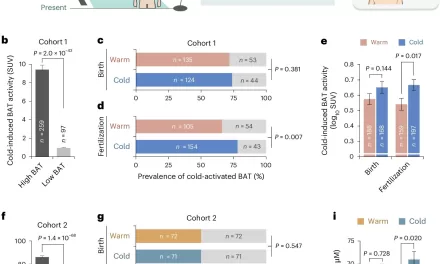Researchers at the Indian Institute of Technology (IIT) Guwahati have achieved a significant milestone in the fight against swine fever by transferring key technology for the commercial production of India’s first recombinant vaccine for the swine fever virus in pigs and wild boars.
Swine fever, a highly contagious disease among pigs, poses a grave threat due to its high mortality rate. While it does not affect humans directly, its impact on pig populations can be devastating. In India, the disease has been prevalent, especially in northeastern states like Assam, as well as in regions such as Bihar, Kerala, Punjab, Haryana, and Gujarat.
The innovative vaccine technology, successfully transferred to BioMed, a manufacturing company specializing in high-quality vaccines, represents a significant advancement in India’s vaccine landscape. Developed specifically to combat the classical swine fever virus, this recombinant vector vaccine fills a crucial gap in the country’s disease control efforts. It harnesses a reverse genetic platform pioneered and refined at IIT Guwahati.
Reverse genetics, a powerful method commonly used in influenza vaccine development, has been leveraged to create vaccines for animal diseases as well. The team of researchers from the Department of Biosciences and Bioengineering at IIT Guwahati, in collaboration with Assam Agricultural University in Guwahati, initiated work on the vaccine project in 2018-2019. Their research findings have been documented in two scientific journals: Process Biochemistry and Archives of Virology.
The vaccine is currently undergoing the process of obtaining a test and analysis license, marking a crucial step towards its eventual commercial availability. Once licensed, it holds the potential to significantly mitigate the impact of swine fever outbreaks in India, safeguarding the livelihoods of farmers and the swine industry.
The development of this recombinant vaccine underscores the importance of collaborative research efforts in addressing public health challenges. With continued advancements in vaccine technology, researchers aim to strengthen disease control measures and enhance preparedness against emerging threats in animal health.











